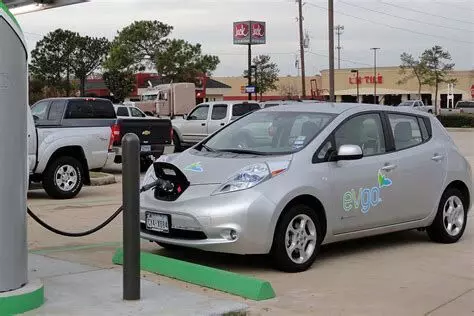Government denies consideration of duty concessions for imported EVs
This initiative, with a budgetary allocation of Rs 25,938 crore, is designed to spur domestic mfg within the auto component industry
image for illustrative purpose

New Delhi: In an official announcement today, the government declared its current stance on providing duty concessions and exemptions for the import of electric vehicles (EVs) into the country. "Presently, there is no proposal either to provide exemption from local value addition cost or to provide subsidy on import duty on import of EV's in India," Minister of State fro Commerce and Industry, Som Prakash said.
Speaking about this Minister of State for Commerce and Industry, Som Parkash, clarified that there are no considerations for proposals aimed at granting exemptions on local value addition or import duties specifically for EVs, including those from major multinational car manufacturers like Tesla.
When questioned about potential exemptions for companies like Tesla concerning local value addition costs in crucial components such as heavy batteries, semiconductors, and magnetic parts, Minister Parkash highlighted the government's implementation of a production-linked incentive scheme. This initiative, with a substantial budgetary allocation of Rs 25,938 crore, is designed to spur domestic manufacturing within the automobile and auto component industry.
The primary objective behind this scheme is to offer financial incentives geared towards bolstering the production of advanced automotive technologies, particularly EVs and their integral components, fostering a more robust domestic manufacturing ecosystem.
The government's proactive measures to enhance both domestic and international investments in the electric vehicle (EV) sector have been underscored by recent developments. Among these steps, there's a notable initiative aimed at incentivizing the establishment of a large-scale Advanced Chemistry Cell (ACC) manufacturing facility by Tesla, a prominent U.S.-based EV giant, situated in Fremont, California.
Furthermore, as part of these efforts, authorities have announced intentions to double the import of automotive components from India. This strategic move aligns with the broader agenda of fostering robust partnerships between global industry leaders like Tesla and the burgeoning capabilities of India's automotive manufacturing sector.

